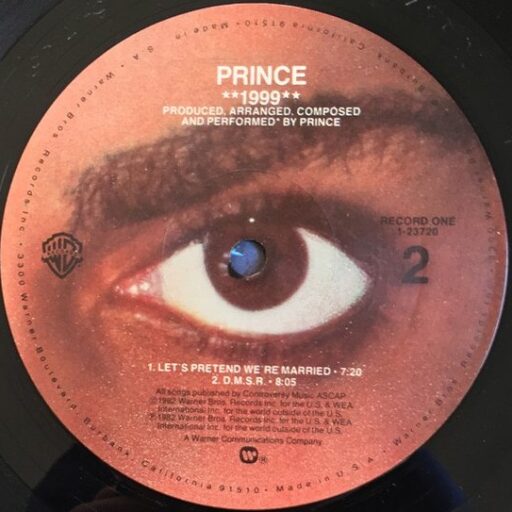Tag: anna stesia
-
Podcast: Prince (1979) Revisited
October 19, 2018 marks the 39th anniversary of Prince’s self-titled second album–not the most glamorous occasion, perhaps, but reason enough to reassemble the review panel from our For You podcast for a reappraisal. Once again, Zach is joined by Harold and KaNisa for a track-by-track discussion of this underappreciated album, its resonances throughout Prince’s career, and why it still…
-
Podcast: Am I Straight or Gay – A Conversation with Snax
This episode, I’m taking a little break from the University of Salford Purple Reign conference to talk to musician Paul Bonomo, a.k.a. Snax. We discuss Prince’s professional and personal impact on Paul, of course, but we also speak more broadly to the two-way flow of influence between Prince and gay culture–an area that’s been vastly…
-
Podcast: I Know That the Lord is Coming Soon – Erica Thompson on the Salford Purple Reign Conference
It’s been just under two months since I started interviewing presenters from this spring’s interdisciplinary Prince conference at the University of Salford, and I’ve been absolutely thrilled with the results. But all good things must come to an end, so I had planned to make this chat with writer Erica Thompson the last of my post-conference podcasts.…
-
Podcast: Everybody Shut Up, Listen to the Band – Felicia Holman and Harold Pride on the Salford Purple Reign Conference
Settle in, folks, because today we’ve got not one, but two presenters from this spring’s Prince conference at the University of Salford: interdisciplinary artist/activist Felicia Holman and independent scholar/activist Harold Pride. Both were part of the organic community of Black artists and academics who came together in Manchester and, each in their own way, helped to…
